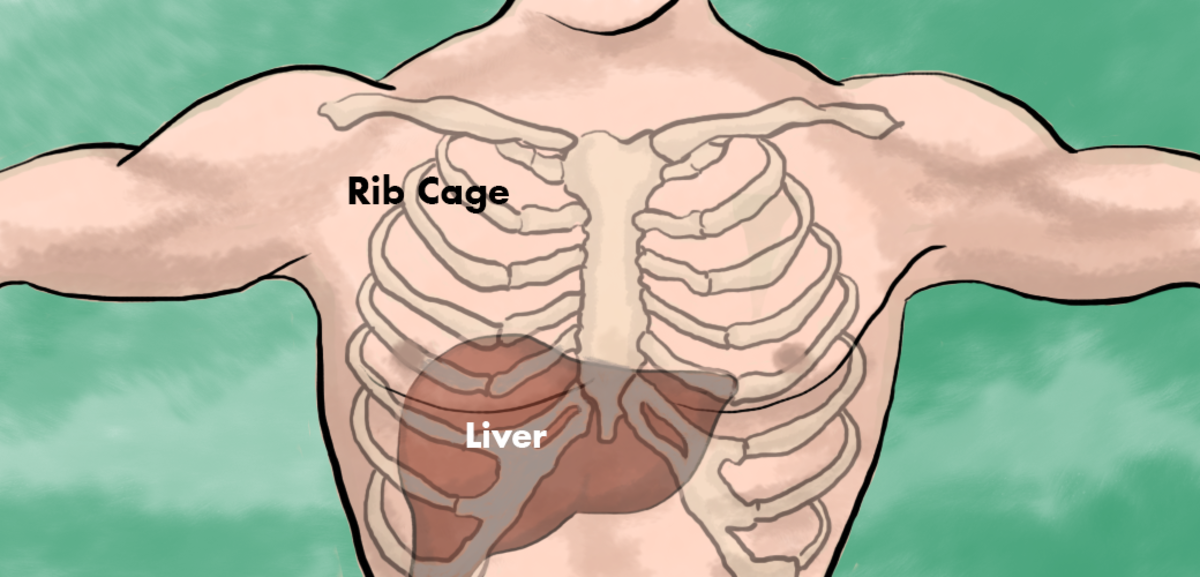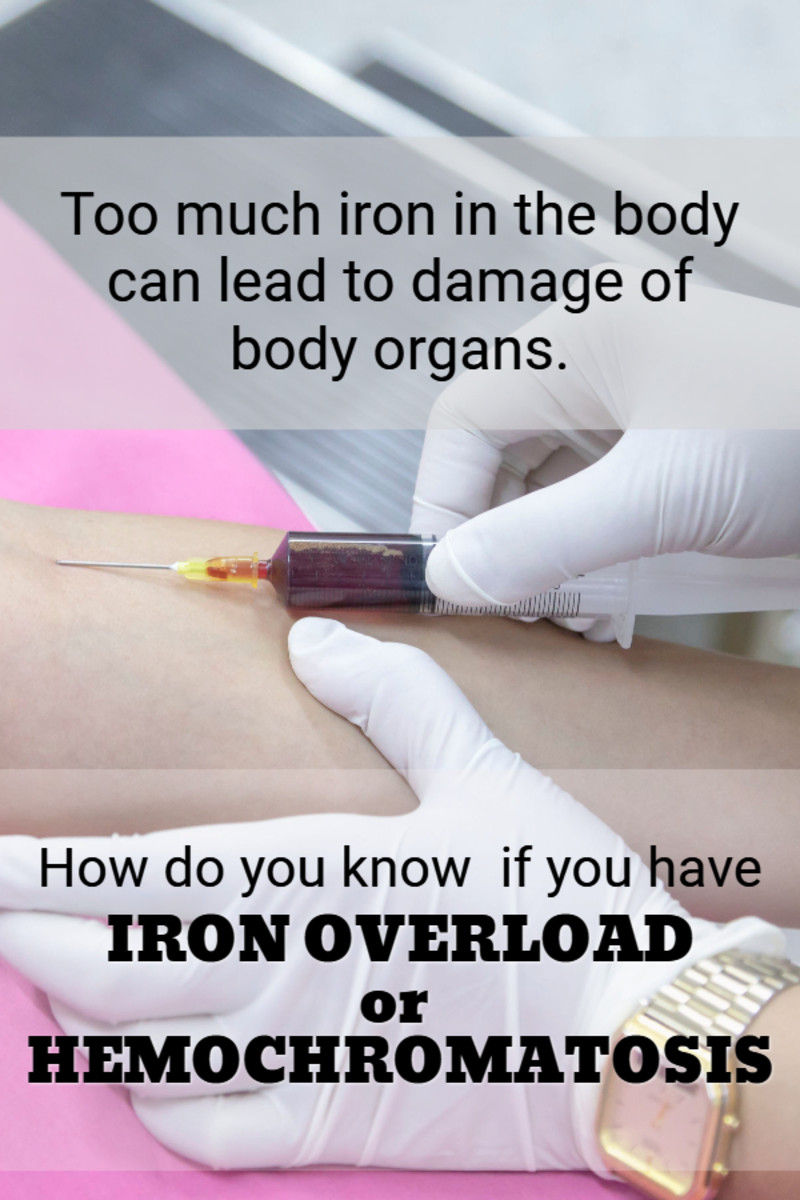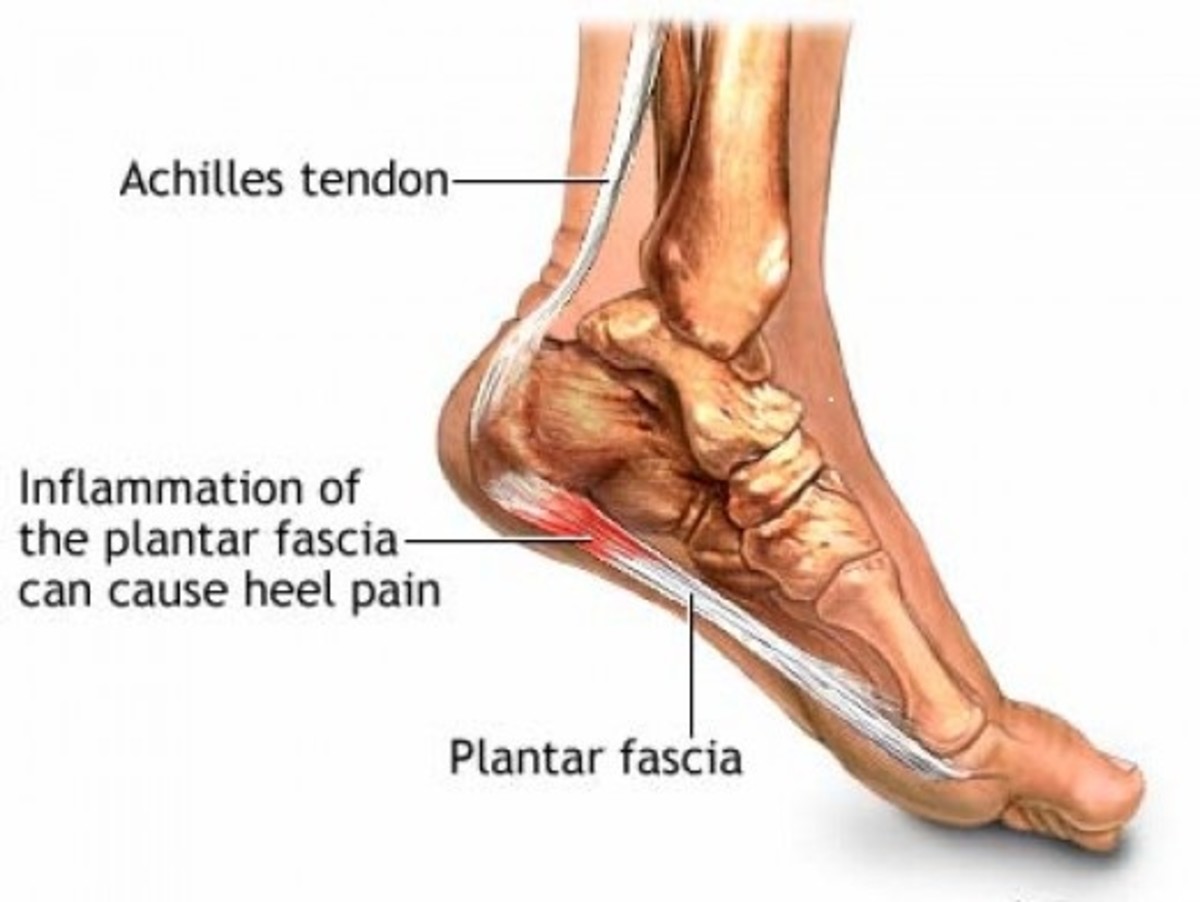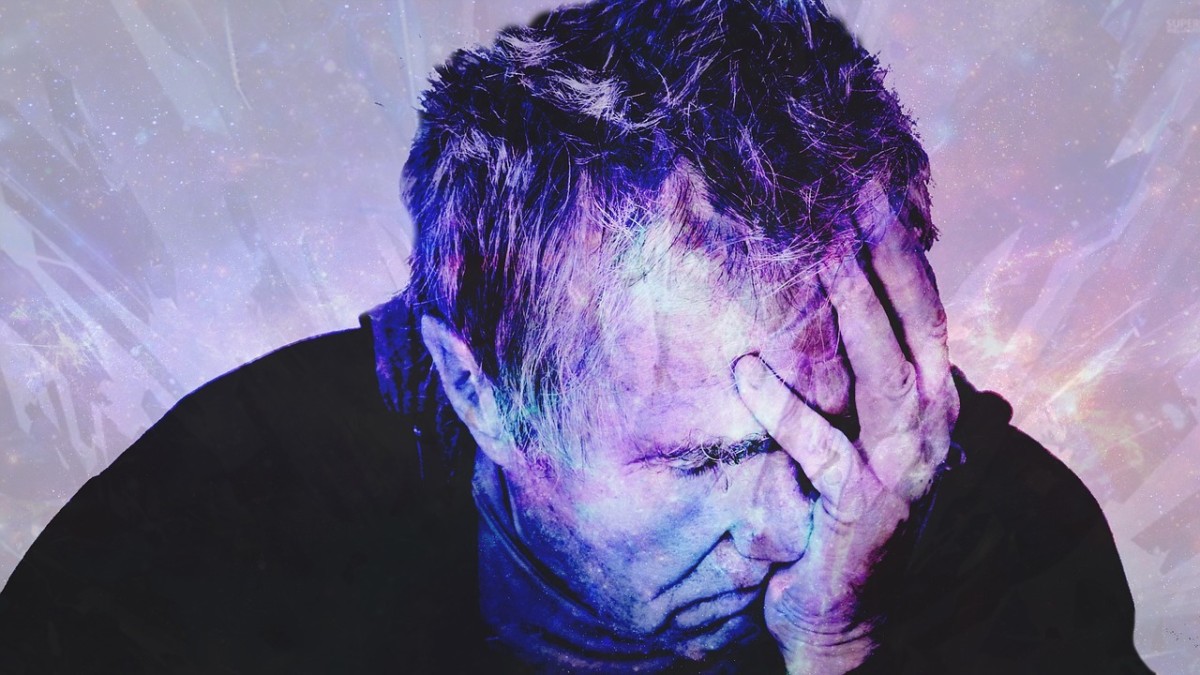Aphasia Symptoms Causes and Treatment
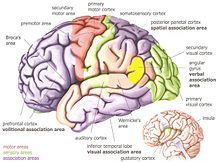
What is Aphasia
Aphasia can be considered both a learning disability and a communicative disorder that can affect verbal and written language. Aphasia does not affect the intelligence of an individual, depending on the type of aphasia, it can be considered to be a learning disability. A person with a learning disability has average or above average intelligence but lacks the ability to process and or learn certain types of information in a typical way. A communicative disorder is a disorder that affects a person's language, and ability to understand and communicate. A communicative disorder can be caused for a physical disability also.
Aphasia can occur concurrently, or as a result of, other brain diseases and disorders. Aphasia can occur suddenly after a serious trauma to the head, or after a stroke. It can also occur when there is an infection in the part of the brain that processes language. Two of the main communication areas that process language are, the Broca area, located near the front portion of the brain and the Wernicke area, which is located in the back side of the brain. There are different stages and levels of aphasia that range from mild to severe. Mild aphasia may be treated quickly and easily. Within a few months it can disappear. Severe aphasia may require years of ongoing treatment and can have varied success depending on the severity and type.
Types of Aphasia
Some types of aphasia
- Developmental aphasia - begins during childhood, severity can fluctuate over time from improvement to increase in severity
- Acquired aphasia - from brain trauma, brain infections, stroke, usually sudden
- Progressive aphasia -degenerative frontal lobe disorder, can be aggressive
- Broca's aphasia - Inability speak resulting from an injury to the brain in the Broca area
- Wernicke aphasia - deficit in the ability to comprehend language and in producing meaningful speech, caused by damage to the Wernicke's area of the brain
Do you know someone with this condition?
Aphasia Symptoms
Some of the characteristics of aphasia
- Severely limited speech ability to loss of ability to speak
- Difficulty in communicating their thoughts, expressing themselves, having a feeling of something on the tip of their tongue
- Uses one word statements, for example yes, no, me, I, ok in responses
- Use the wrong word for an object
- Often forgets the names of things
- Difficulty understanding others speech, hard or impossible to define difference between figurative or literal speech
- Can be more pronounced over time
What do you think?
Was this article informative?
Causes of Aphasia
Related diseases/disorders/injuries of aphasia
- Brain tumors malignant or non malignant
- Stroke
- Head trauma
- Dementia and related illnesses
- Brain infections
Other Hubs by Kimberly Lake
- What is Dyslexia
A brief overview of dyslexia with causes, types, and symptoms. Includes tips on teaching students with dyslexia. - Tips on Caring for a Sick or Disabled Person
Care giving for persons with acute illness can be an exhausting job. Here are some tips on things to remember when caring for a sick loved. Remember, it is important to take care of yourself too. - What is Dementia - Stages Causes and Symptoms
Dementia is a syndrome that describes a decrease in brain function in the areas of memory, communication, language and problem solving and is believed to be caused by brain cell damage and or brain cell death. There are different classifications of d
Treatments For Aphasia
Treatments for aphasia
- Speech Therapy
- PACE (Promoting Aphasics Communication Effectiveness) most common, visual stimuli
- Family Therapy for physical disability
- Group communication therapy
- Computer assisted therapy
It is best to treat the symptoms of aphasia as soon as possible after the onset. Childhood aphasia treatment is more successful when caught, and treated early. Speech pathologist will sometimes treat the individual by drawing pictures and having the affected person name the objects, or the pathologist will name the objects for them. They will take the patient on day trips and discuss what they see. Group therapy is often conducted, the focus of the group is daily conversations. The patients are encouraged to converse about anything they wish, but in a conversational setting, where they speak and respond in the group.
The therapy can last for months or years depending on the severity and diagnosis. It is important for the patient to re-learn language and sounds. The success of treatment will depend on each individual and the severity of the trauma or illness resulting in the aphasia.
The article is not intended to be taken as medical advice. This is an overview of aphasia symptoms, causes, and treatments. I have supplied links for further information on aphasia. This article does not replace or act as professional medical advice.
Sarah Scott teenage stroke-Broca's aphasia
Related Websites
- Aphasia - MayoClinic.com
Aphasia — Comprehensive overview covers causes, treatment, coping skills for this communication disorder. - Communication Disorders Major | Careers in Speech Pathology and More
Want to help disabled people communicate better? Get formal training in dealing with communication disorders. - Communication Disorders
Strategies for teaching persons with communicative disorders - Welcome to the National Aphasia Association


